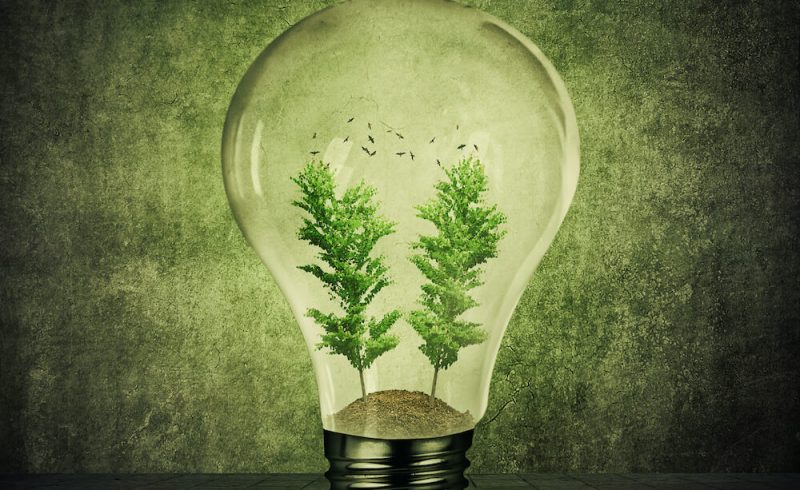
When it comes to today’s energy market, demand is growing, supply is primarily based on fossil fuels, and global energy-related CO2 emissions hit an all-time high last year. There can’t be many people left on the planet who haven’t yet got the message that, when it comes to the generation of energy, we need radical change. However, even when people agree that something must be done, they can disagree about what that should be and how the future should look. So, what will the future bring? Here are some thoughts on possible future scenarios
A clean-tech cold war
Each nation pursues clean technology that would result in discovery with the potential to alleviate climate change and remove the need for the use of fossil fuels – and one achieves a revolutionary breakthrough. However, that breakthrough sparks an escalation of political tension, and the nations of the world split into opposing factions. The result is that some countries are excluded from the benefits enjoyed by others, and continue to pursue old tech, reducing the global benefits that could potentially be gained from new tech.
Circle the wagons
Each nation plows its own furrow when it comes to energy production. Knowledge and tech advancements aren’t shared, and neither are values, ideals, and targets, as individual nations fail to agree on a united global policy. This spells the end of, for example, the Paris Agreement on climate change. Global warming is not slowed, and international conflict flares over limited resources.
Business as usual
Nations bury their heads in the sand to ensure the energy status quo – a global dependence on fossil fuel sources – prevails. As a result, fossil fuels retain their dominance, and climate change problems continue to escalate.
Global green accord
Nations appreciate the urgency of the situation and come together to find a solution. In this scenario, within a decade, green tech companies could dominate the landscape. Everyone wins – including “old tech” companies, who are compensated for loss and/or funded to evolve.
Now what?
According to the recent Intergovernmental Panel on Climate Change (IPCC) report, “How can humanity prevent the global temperature rise more than 1.5 degrees above pre-industrial level,” commissioned following the adoption of the Paris Agreement, emissions resulting from human activity must decline by 45% (compared with 2010 levels) by 2030, and reach net zero by 2050, to limit global warming. To be clear, this isn’t a get-out strategy – even if we achieve this target, we can still expect to see widespread drought, famine, and poverty in the world as a result of the climate crisis.
https://cleanenergy.enterprises/what-might-the-future-of-energy-look-like/